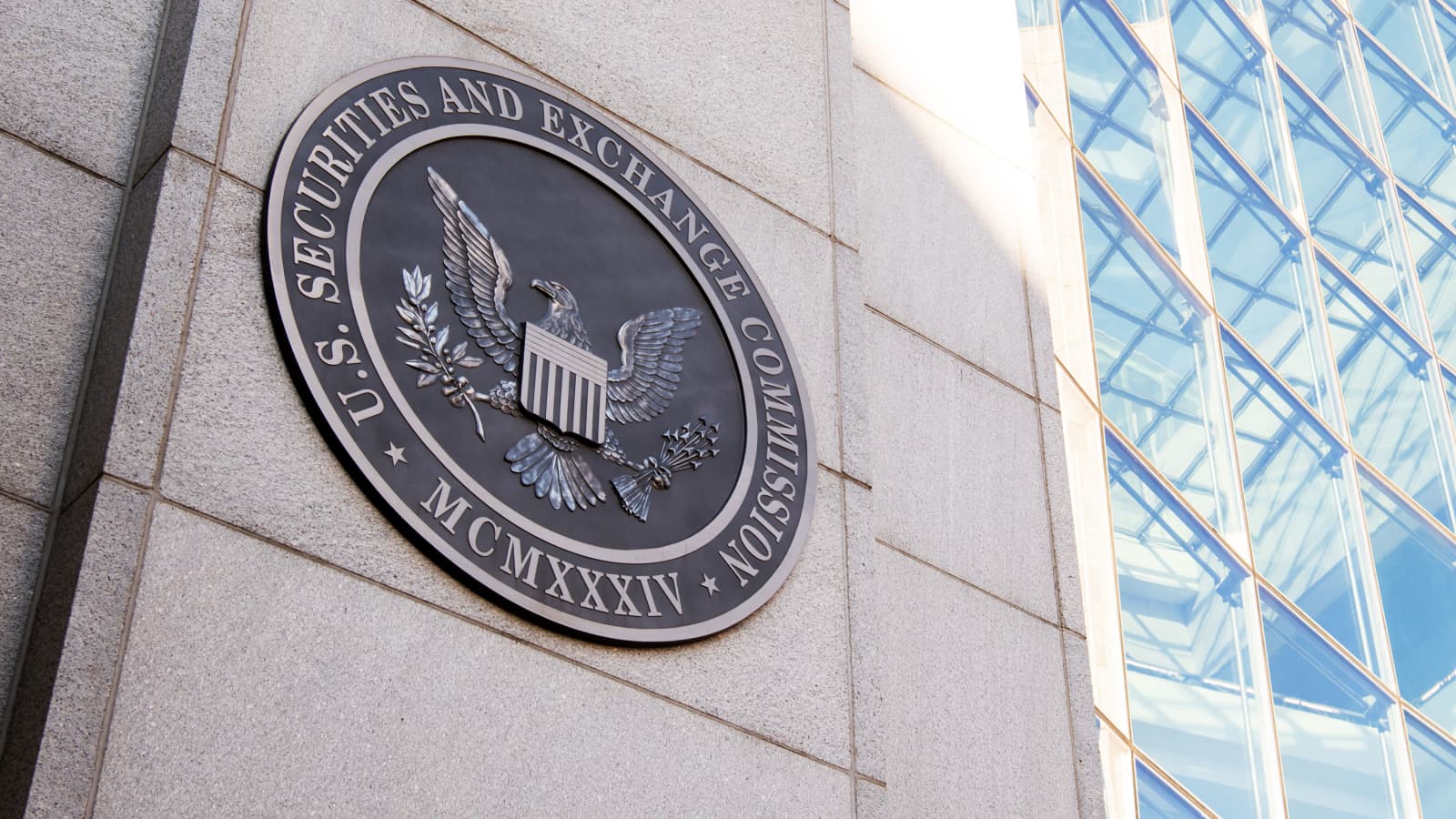Are prop firms legal in the US, UK, or Asia? Before signing up for a proprietary trading program, a lot of traders ask this question. It depends on the rules in each area, thus the answer isn’t the same everywhere. Understanding how these restrictions function is critical if you want to trade successfully and prevent unexpected complications. This article, brought to you by ReviewPropFirm, will give you a better idea of what prop firms can and can’t do in the US, UK, and some of the biggest Asian markets.
What is a Prop Firm?
A prop firm, or proprietary trading firm, trades with its own capital in the financial markets instead of managing client funds. After covering operating costs and sharing a part with the trader, the firm maintains the earnings from successful transactions and assumes all losses.
But in the last few years, a new type of prop firm has been popular, especially with retail traders. Rather than directly providing traders with capital upfront, these firms run what are known as “trading challenges” or “evaluations.” Traders pay a fee to enter the challenge and must prove their skill and discipline by meeting specific rules and targets.
If the trader overcomes the challenge, they will get an account with a lot of money in it. Traders that are successful in their trading will receive a share of the money they make. This model gives traders who don’t have a lot of money to start with but are good at trading a lot of chances to get a lot of money and make a lot of money without putting their own money at risk.

Understanding Prop Firm Legality
Why does Legality Matter for Traders?
Checking to see if your prop firm is operating legally is one of the most important things for anyone who trades in the financial markets. This is more than a legal formality – it builds confidence, safety and long-term stability between traders and firms. Prop firms that follow the law reduce the possibility of legal or financial issues for traders.
A firm that complies with regulations also demonstrates professionalism and responsibility. Legal compliance usually goes hand in hand with having proper risk management in place, covering both operational and legal risks, which reduces the chance of issues that could harm a trader’s earnings or account security.
Even though today’s modern prop firm model doesn’t require traders to deposit their own capital, the fact remains that traders pay challenge fees and depend on the firm for profit payouts. That makes financial security and regulatory compliance all the more crucial.
Global Variations in Financial Regulation
The global financial regulation system consists of numerous regulations, legislation and supervisory organizations. One of its main missions is to protect investors, keep the market stable and fight financial crime. Financial services are not regulated by the same set of laws around the world like other businesses are. This lack of uniformity is especially noticeable when it comes to prop firms, leading many traders to ask: are prop firms legal in the US, the UK, or other regions?
Each country, or sometimes groups of countries in an area, has its own way of regulating financial institutions. This is based on its history, market structure and policy goals. Therefore, a business plan that is completely legal in one place might be limited or even banned in another. For this reason, it’s important for traders to research prop firm regulations by country before committing to a program.
Regulators are usually very severe in established markets like the US, UK and EU. In these areas, the government has a lot of ability to control everything from banking and brokerage services to managing investment funds. This makes sure that the rules are followed and that the financial systems stay safe.

Are Prop Firms Legal in the US?
In the US, the financial markets are closely watched and controlled by many different bodies, each with its own power. This means that prop firms need to be very careful about how they set up their programs so that they don’t get into areas that need a license or specific registration.
Regulatory Bodies in the US
The US has the strongest and most comprehensive rules for prop firms, thus it’s quite important for traders to comprehend how prop firms fit into this framework.
- U.S. Securities and Exchange Commission (SEC): The SEC is the U.S. government agency that protects investors, ensures sure markets are fair and efficient and helps businesses get the money they need to flourish. It has control over issuers, securities markets, broker-dealers, investment advisers and mutual funds. The SEC may become engaged with prop firms if they are believed to provide securities-related services, such as stock or bond trading, or if their business model resembles fundraising or managing pooled funds for multiple individuals.
- The Commodity Futures Trading Commission (CFTC): The CFTC is the government group in charge of the U.S. derivatives markets, which include futures, swaps and some types of options. If a prop firm employs these tools or sets up its programs in a way that looks like retail futures trading, the CFTC may have the power to act. Companies who work in this field need to be very careful about how their actions align with CFTC rules so they don’t have any compliance issues.
- National Futures Association (NFA): NFA is in charge of keeping an eye on persons who trade futures and derivatives. The NFA is not a part of the CFTC, but it works closely with it to make sure that licensing, compliance and professional requirements are met. Most of the time, the NFA is quite crucial for prop firms that work in the futures or currency markets since it assesses if their operations meet regulatory criteria.
These agencies play a central role in answering the question, “Are prop firms legal in the US?”, especially for traders in futures and forex.

Are Prop Firms Legal in the US?
This is one of the most frequently asked questions by traders, especially those new to this trading pattern. Essentially, prop firms are perfectly legal in the United States, as long as they strictly adhere to the regulations of SEC, as well as CFTC. These agencies ensure that the operations of prop firms are not confused with traditional stockbrokers – which require separate registration and licensing.
The major difference, and a key point in answering “Are prop firms legal in the US?”, is that prop firms don’t actively manage or store customer money. Instead of putting real money into the market, traders take part in the challenge and trade with an account that the firm has financed. This enables prop firms to stay within the law and not break severe rules for brokers. But US law also says that prop firms must be open about the conditions, challenge participation costs and profit-sharing mechanisms so that traders aren’t misled.
It’s also important to remember that rules can be different in each state. Some states impose additional financial restrictions to protect investors, so traders should conduct thorough research before signing up. Also, not all prop firms follow the rules all the time, so you should only work with organizations who are known for being honest and paying out profits as promised.
In summary, the answer to “Are prop firms legal in the US?” “Yes, but its legality is conditional on compliance with federal and state laws. If you want to participate, make sure the prop firm you choose operates transparently, publicly discloses its regulations and has a reliable history within the trading community.
This variation highlights why many traders ask, “Are prop firms legal in the US?”, before choosing a firm to work with.
Are Prop Firms Legal in the UK?
FCA’s Role in Financial Services Regulation
The Financial Conduct Authority (FCA) is the UK’s primary financial services regulator, with a critical role to safeguard consumers while also ensuring financial market fairness and openness. The FCA is in charge of the companies in the industry and gives them licenses. It makes sure that they follow tight laws and act in a professional manner. Being authorized by the FCA requires a prop firm to demonstrate that it operates lawfully, ethically and with adequate safeguards in place for managing funds and executing transactions.
One of the FCA’s main jobs is to keep investors safe. Individuals who have lost money as a result of fraud or negligence by illegal companies can benefit from the regulator’s support services. This job is especially important for prop firms since traders could get taken advantage of by companies that don’t act in good faith or don’t fulfill regulatory standards.

Are Prop Firms Legal in the UK?
“Are prop firms legal in the UK?” is a question that a lot of traders wonder, especially since London is one of the biggest financial capitals in the world. In the UK, prop firms are lawful as long as they meet the rules set by the Financial Conduct Authority (FCA). The FCA’s job is to make sure that the market is fair and open and that banks and other financial institutions do what’s best for investors.
Unlike regular brokers, prop firms don’t usually need a brokerage license because they don’t take client deposits directly. Instead, they only give traders challenge accounts and money once they pass the evaluation process. So, a lot of prop firms in the UK obey the laws for brokers and don’t break them.
On the other hand, the FCA said that businesses need to be upfront about their terms, trial fees and how they split their earnings.
The UK also has further rules around Anti-Money Laundering (AML) and protecting consumers. So, well-known prop firms usually have a pretty strong Know Your Customer (KYC) identification verification process before they let traders get their winnings.
In short, prop firms are allowed in the UK, but traders should only work with companies that are well-known in the community, have a clear record of paying out profits and are well-regulated by the FCA. This will assist lower the risk and make you feel better about taking part.
Are Prop Firms Legal in Asia?
The question “Are prop firms legal in Asia?” receives a lot of attention because this area is becoming a potential market for traders. The answer isn’t as simple as in the US or UK, because prop firm regulations by country in Asia are not uniform and vary significantly.
In Singapore and Hong Kong, which are the two main financial centers in the region, prop firms can normally do business as long as they respect the standards stipulated by the local financial regulatory organizations. The Monetary Authority of Singapore (MAS) and the Securities and Futures Commission of Hong Kong (SFC) mainly focus on clarity, anti-money laundering practices and risk management. Because of this, prop firms in these countries often have strict KYC (know your customer) standards and follow reporting rules extremely rigorously.
Conversely, in India, Indonesia, or Vietnam, the laws regarding prop firms are unclear. Some countries still consider this a “gray” area because there is no specific legal framework. Therefore, traders need to be especially careful and choose companies with international reputations, rather than small, non-transparent entities.
The Financial Services Agency (FSA) in Japan has very rigorous rules for brokerage activities. However, prop firms can legally operate as long as they don’t take trading deposits directly from customers. This approach is similar to the US and UK.
To summarize, prop firms are legal in Asia, but prop firm regulations by country differ greatly. To avoid legal and financial problems, traders should carefully research local laws and prioritize organizations that are transparent about their payout processes.

How to Verify if a Prop Firm Is Legitimate
Researching the Prop Firm’s Background
The first thing you should do to learn more about a prop firm is look into their past. Find out how long the firm has been around, what kinds of complaints it has had and whether it has been in any fights. A good prop firm will usually be honest about its background, including both its successes and failings. This can help you learn more about how they manage their firm and deal with risk.
Check Licenses, Compliance and Regulatory Status
The next step is to make sure that the firm has the proper licenses to operate in its area. Every country has its own financial regulators and serious enterprises will either follow the laws set by the right government or be registered with it. The best way to be sure of this is to check the official website of the regulator, such as the SEC in the US, the FCA in the UK, or the MAS in Singapore. If the prop firm’s name isn’t in the database, that’s a red flag.
Watch Out for Warning Signs
Unregulated or dishonest prop firms can leave behind clues. Be alert if you see claims of “guaranteed profits” or things that sound too good to be true. Prices for challenges or trials that are too high, unclear terms and conditions and a lack of information about licenses or office locations are all warning signs. You shouldn’t do business with a prop firm that won’t tell you how payouts function or hides behind general contact information.
The answer to the topic “Are prop firms legal in the US, UK and Asia?”. It primarily depends on how regulators feel about proprietary trading tactics. This highlights why traders should pay attention to prop firm regulations by country, as compliance rules vary by jurisdiction. Choosing a trustworthy company that is clear about its licensing, pay structure and business plan will help you decrease your legal and financial risks. Finally, prop firms can be a terrific way for traders all over the world to generate money, but the first and most important stage is learning about the restrictions in your area.
